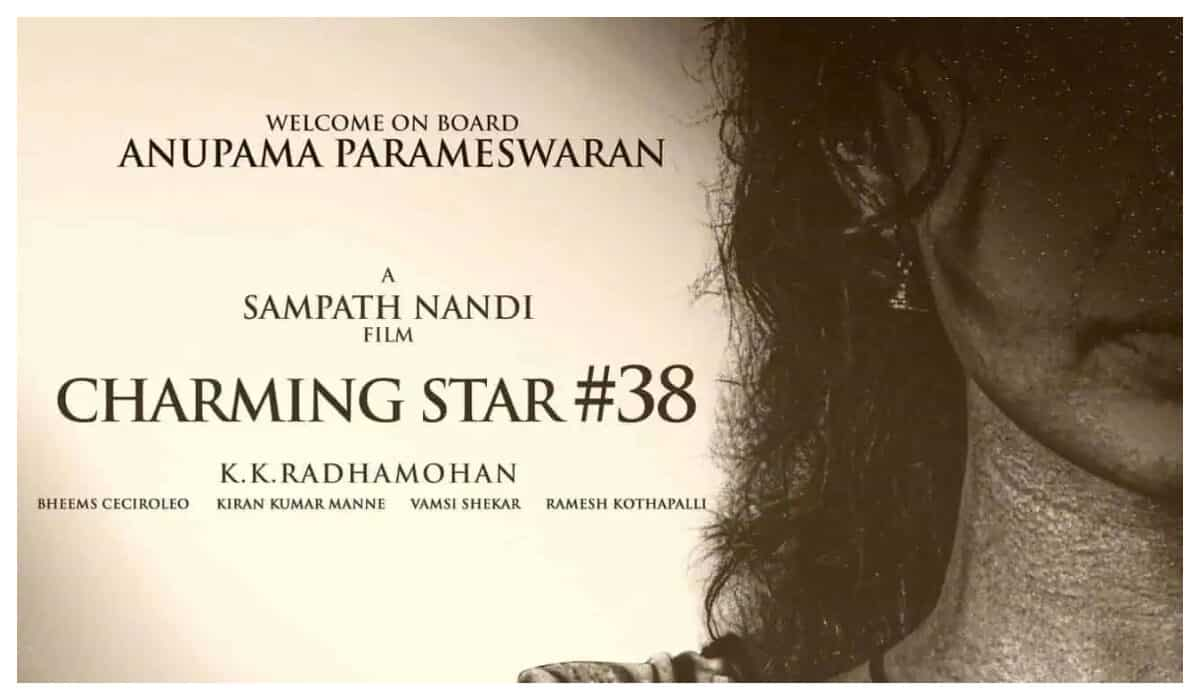
Baksho Bondi Review: Tillotama Shome Shines in Gripping Drama
2 months ago | 5 Views
Actor Tillotama Shome consistently excels in her performances, so it is no surprise that she offers yet another compelling and poignant portrayal in Baksho Bondi (known as Shadowbox in English), the debut feature directed by Saumyananda Sahi and Tanushree Das, in which she also serves as a co-producer. In this film, she embodies the character of Maya, a working-class woman marginalized by her challenging circumstances, who is fervently striving to support her family. Premiering at the Berlin Film Festival, this film presents a focused neorealist narrative interspersed with moments of transient hope.
The premise
Baksho Bondi focuses intently on a lower middle-class family residing in the Kolkata suburb of Barrackpore. The film's introductory montage deliberately omits the typical attractions of Kolkata, such as the Howrah Bridge, and refrains from showcasing spontaneous visits to roshogolla shops. Instead, it authentically captures the nuances of daily life in a small rural town, where the close-knit community ensures that everyone is familiar with one another due to their confined surroundings. In the initial scenes, Saumyananda Sahi's camera tracks Maya as she starts her day by cycling out of her modest rented home to deliver ironed clothes to her clients. She gently reminds one customer that her payment has been overdue for ten days, conveying her message with kindness. Maya is acutely aware of her financial struggles.
Fortunately, Baksho Bondi refrains from romanticizing Maya's poverty or the clichéd notion of ‘perseverance’ often associated with such circumstances. While Maya's life is fraught with challenges, she is not glorified for her unwavering strength. However, the obstacles she faces continue to escalate, contributing to the film's emotional tension and overall dramatic effect.
We learn about her husband, Sundar (Chandan Bisht), a former army officer who now spends his days catching frogs for local science colleges. Often perceived as a nuisance and possibly suffering from PTSD, Sundar's troubled past is subtly hinted at throughout the film. Maya also has a teenage son, Debu (Sayan Karmakar), whose social life is severely impacted by his father's drunken outbursts. Additionally, Maya receives minimal support from her brother, who is relatively prosperous with his photocopy shop business.
What options are available to Maya in these challenging circumstances? She can only endure the hardships of her daily labor while nurturing the hope for a brighter future for her son. Baksho Bondi is deeply invested in Maya's ability to remain steadfast. Her patience is not an extraordinary trait but rather a reflection of her socio-economic status. At times, Baksho Bondi appears to diverge from Maya's viewpoint, connecting Sundar's neglect with his unresolved trauma. Additionally, Debu must confront the realities of his family's modest means and strive to make the best of their situation.
These developing plot elements tend to diminish the impact of Baksho Bondi, often leading the narrative into a realm of predictability. The film adopts a measured approach in portraying rural life, exhibiting a deliberate pace in its storytelling. Even as Sundar's condition deteriorates, the narrative lingers around Maya without fully engaging her. This diminishes the emotional resonance in the concluding moments. The film captures Maya's resilience to such an extent that it fails to anticipate future challenges, remaining ensnared in its own narrative constraints.
What works
The performances infuse the film with a vital energy and a sense of immediacy. Chandan Bisht delivers a compelling portrayal of a father who struggles to gain his son Debu's respect, sensitively depicted by Sayan Karmakar. Additionally, Tillotama Shome's central performance is noteworthy; she imbues her character with a profound sense of bruised dignity that captivates the audience. Maya is determined to improve her circumstances, and the actress conveys a remarkable intensity as Maya navigates her daily challenges despite the numerous obstacles she faces.
Baksho Bondi presents a poignant depiction of an India that still has significant potential for growth while grappling with entrenched class consciousness. Many women, like Maya, strive to make ends meet amid the hardships of their daily existence. They persist in their efforts to survive, as they see no other options for escape. By sharing this narrative, Baksho Bondi provides a compassionate insight into their lives, highlighting their everyday acts of resilience.
Read Also: The Witch K-Drama: Adding Extra Drama to 'It's Okay To Not Be Okay'
"Get the latest Bollywood entertainment news, trending celebrity news, latest celebrity news, new movie reviews, latest entertainment news, latest Bollywood news, and Bollywood celebrity fashion & style updates!"


.webp)



.webp)














